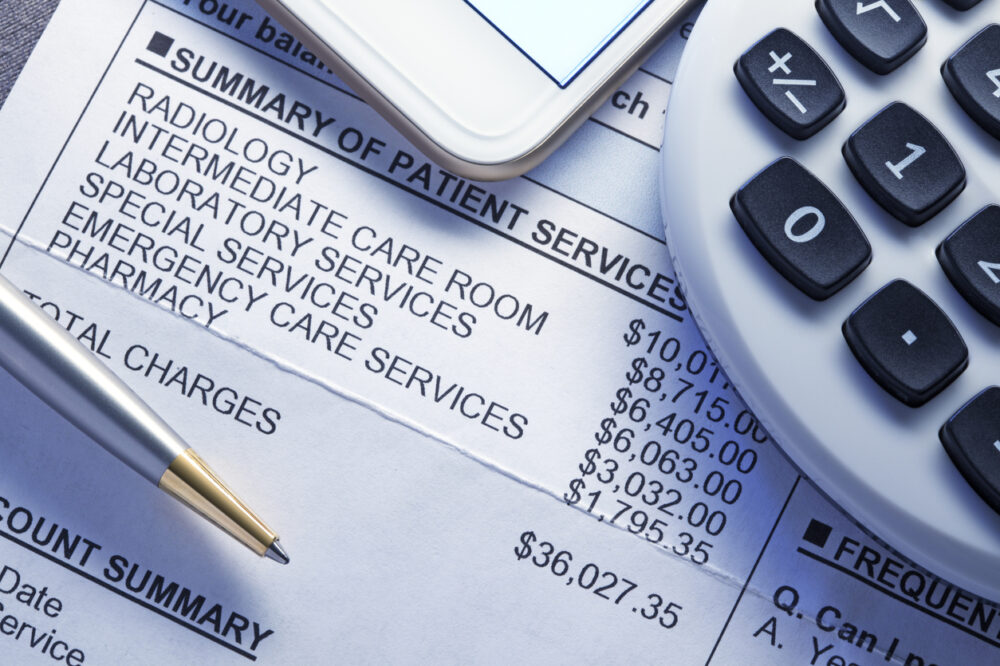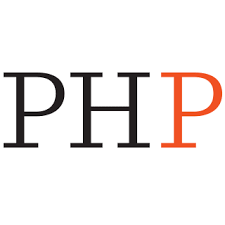Preventing Medical Debt: Recommendations for Hospitals and Health Systems
This report examines the role that hospitals and health systems play in the national medical debt crisis, identifying specific actions they should take now to prevent patients from experiencing debt-related declines in financial, physical, mental, and social health.
By Michelle Proser, Uzma Amin
-
Category:

Data Spotlight

52% of patients
are more stressed about their medical bills than their medical care.

$400-$800
is the median medical debt owed by patients – which may not be worth pursuing administratively.

45% of nonprofit hospitals
routinely send medical bills to patients eligible for financial assistance.
Key Recommendations
With input from members of our Stakeholder Advisory Council, the Financial Health Network developed recommended strategies for hospitals and health systems to help prevent medical debt. Although each recommendation is effective as a stand-alone, hospitals and health systems can achieve the greatest impact by implementing them all.
Improve Financial Assistance and Repayment Programs
-
- Expand financial assistance eligibility to include patients unable to pay medical bills, including insured patients with unaffordable out-of-pocket expenses.
- Ensure financial assistance is available to all patients who may be eligible.
- For patients who are not eligible for financial assistance, expand repayment options and ensure they have access to these options prior to the billing process.
- Engage a broad range of constituents for regular review and improvement of financial assistance policies.
- Halt legal action against patients eligible for financial assistance.
Support Informed Patient Decision-Making
-
- Elevate, improve, and effectively use price transparency tools to support informed patient decision-making.
- Incorporate cost-of-care conversations into the care process, and provide education and training to care teams.
- Provide financial navigation services to help patients understand costs and access financial assistance.
Proactively Identify Risk of Medical Debt
-
- Proactively identify patients who may struggle to pay medical bills.
- Develop patient-centered approaches for assessing ability to pay, and link these assessments directly to financial assistance and repayment options.
- Incorporate medical debt as an explicit focus area of Community Health Needs Assessments.

Explore the Full Series

Systems-Level Overview
Explore insights into the prevalence of medical debt and its effect on consumers, how medical debt functions as a social determinant of health and driver of health inequities, and opportunities for key players to prevent it.

Recommendations for Insurers
Discover opportunities insurance providers should seize now to help members navigate plan selection, understand key terminology, reduce out-of-pocket expenses, utilize preventive care, and improve administrative processes that affect customers.

Recommendations for Employers
Find out about proactive steps employers should take now to assess employee health insurance affordability, educate their workforce on insurance basics and out-of-pocket costs, help workers manage healthcare expenses, and offer plans based on employees’ needs and circumstances.
Our Supporter
Support for this report series was provided by the Robert Wood Johnson Foundation. The views expressed here do not necessarily reflect the views of the Foundation.
More to Explore
Exploring the Link Between Housing and Healthcare Costs and Weather Events
Households that experienced a weather event were also more likely to face a range of unexpected housing- and health-related expenses.
Financial Strain and Health
In the United States, financial stress significantly impacts overall well-being. A staggering 40% of Americans report experiencing high stress related to money, while 76% of American households live paycheck to paycheck.
Exploring the Interconnectedness of Financial and Mental Health
Our recent Member-exclusive Executive Roundtable shared several ways organizations can support people’s financial and mental well-being.
Sign Up to Receive Our Newsletter
If you’re a healthcare professional dedicated to improving physical and financial health, sign up to receive our newsletter today.
Written by
Preventing Medical Debt: Recommendations for Hospitals and Health Systems
Explore the trends. Discover new insights. Build stronger strategies.




